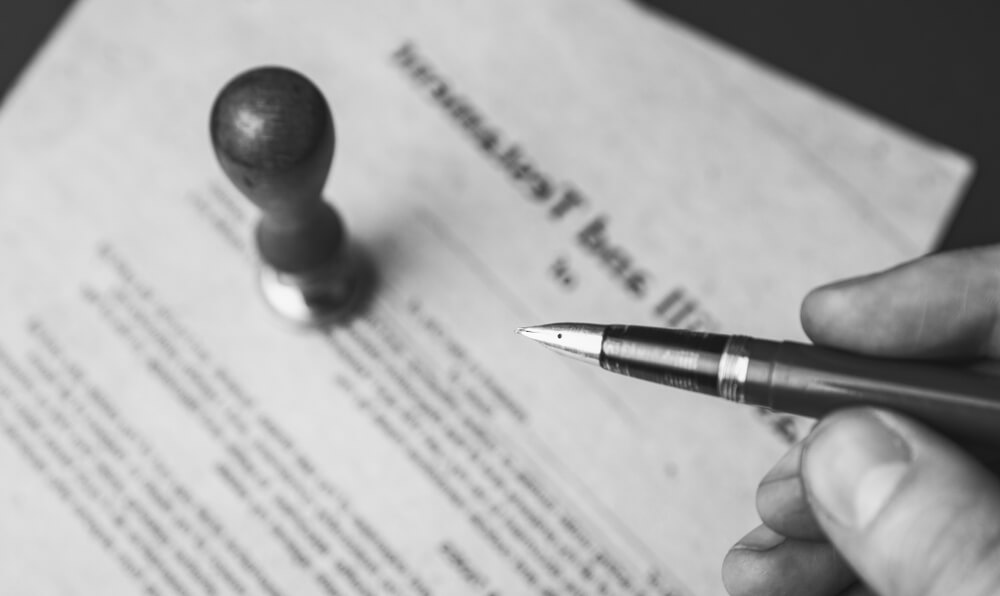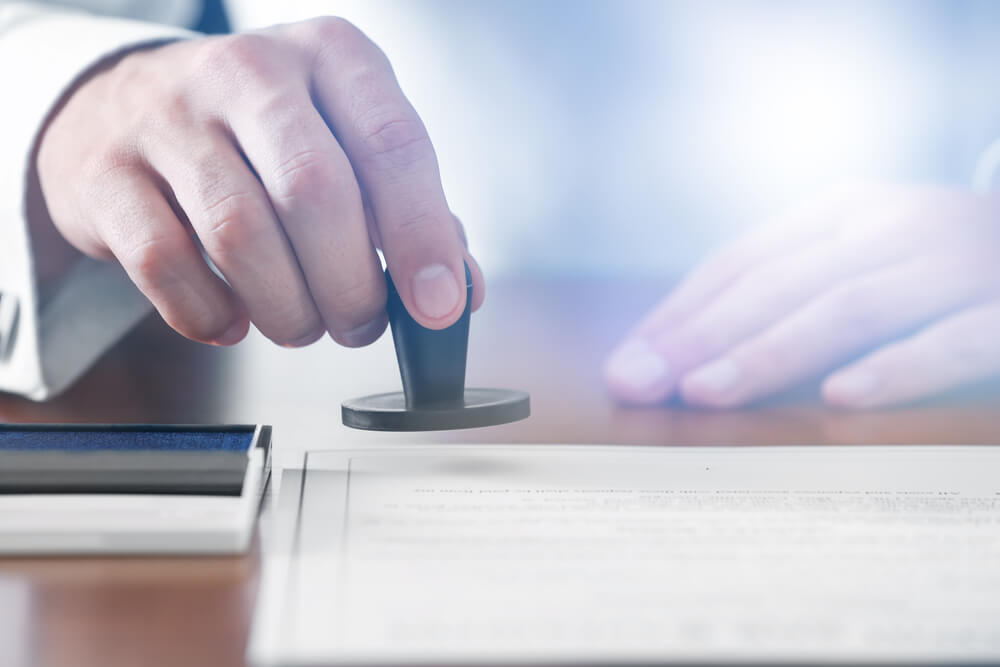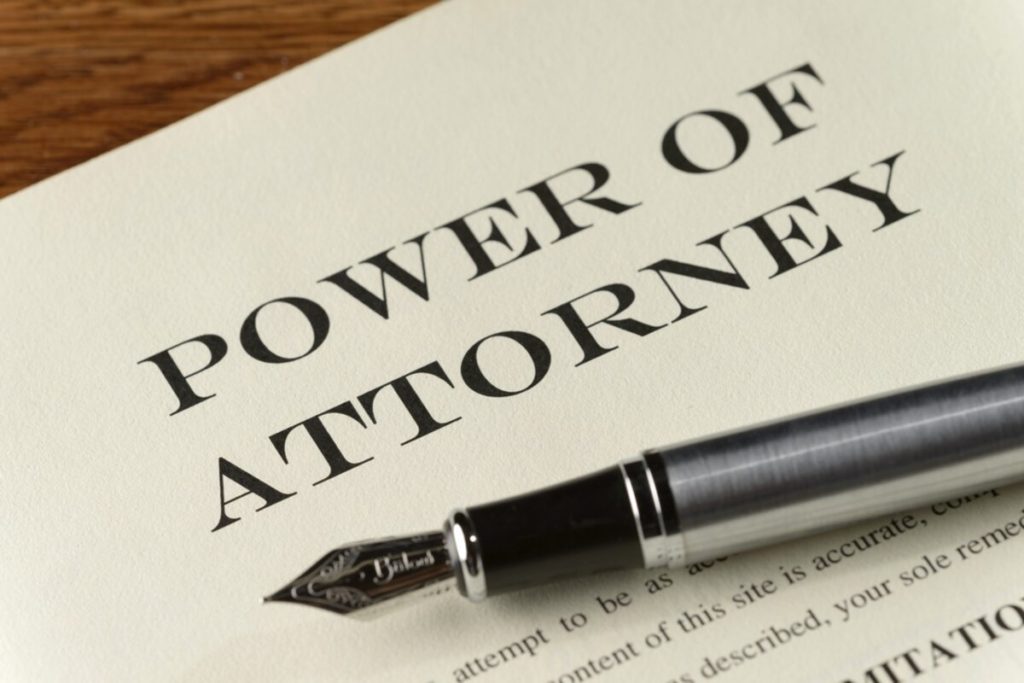Everyone faces uncertainties in life and sometimes, we need to plan for situations where we might not be able to make critical decisions. This is where the concept of power of attorney (POA) comes into play.
In this blog post, we’ll dive deep into this important legal tool, unravel its intricacies, and show you how it can benefit you or your loved ones in times of need.
What Is a Power of Attorney?

Let’s first lay the groundwork. A power of attorney is a legal document that allows one person to grant powers to another to act on their behalf. The person granting the powers is the principal, and the individual receiving them is the attorney-in-fact. Now, despite the name, the attorney-in-fact doesn’t have to be an actual lawyer. They can be a family member, trusted friend, or a professional advisor.
The POA comes into play primarily during incapacitation, such as memory loss or serious health issues, when the principal is unable to handle their affairs. In such a situation, the attorney-in-fact steps into the principal’s shoes and takes care of things that the principal can’t, such as financial matters, business transactions, or real estate dealings.
Limited or All-Encompassing Powers
An interesting aspect of a POA is its flexibility. It can be tailored to fit individual needs and circumstances. For example, a principal can grant limited powers to the attorney-in-fact, specifically mentioning that they can only handle real estate or bank transactions. On the other hand, the POA can be broad and all-encompassing, giving the attorney-in-fact the authority to manage all of the principal’s affairs.
Duty and Protection
An attorney-in-fact has an inherent obligation to act in the best interests of the principal. They must prioritize the welfare of the principal over their own and always act responsibly and prudently.
While the POA grants significant powers to the attorney-in-fact, it also incorporates protective provisions to safeguard the interests of the principal. These protections are crucial in preventing the potential misuse of the powers granted.
Stepping into the Principal’s Shoes
With the power granted by the POA, the attorney-in-fact can sign documents on behalf of the principal, deposit money, manage transactions, and more. Essentially, the attorney-in-fact assumes the role of the principal in specified matters, acting as their proxy and ensuring their affairs are in order.
Durable Power of Attorney
Another term often associated with POA is ‘durable’. A durable power of attorney (DPOA) remains effective and valid whether the principal is competent or not. This means the attorney-in-fact can exercise the granted powers as long as the POA is in force, regardless of the principal’s mental state.
If the principal wants to limit the exercise of the POA to only when they are deemed incompetent, they can opt for a ‘springing’ POA. This variant springs into effect upon a specified event, typically when the principal is determined to be mentally incompetent by a physician.
Identify Your Power of Attorney Today

While it may seem complex at first glance, a power of attorney is a powerful tool that ensures your affairs are in safe hands when you can’t handle them yourself. By granting this authority, you secure peace of mind knowing that your interests will be cared for, even in uncertain times.
Remember, it’s always wise to consult with a legal professional when considering creating a power of attorney. They can help you navigate the process, ensuring your unique needs and circumstances are taken into account, and your interests are well protected. Contact CJB Law today to learn more about the power of attorney process.

